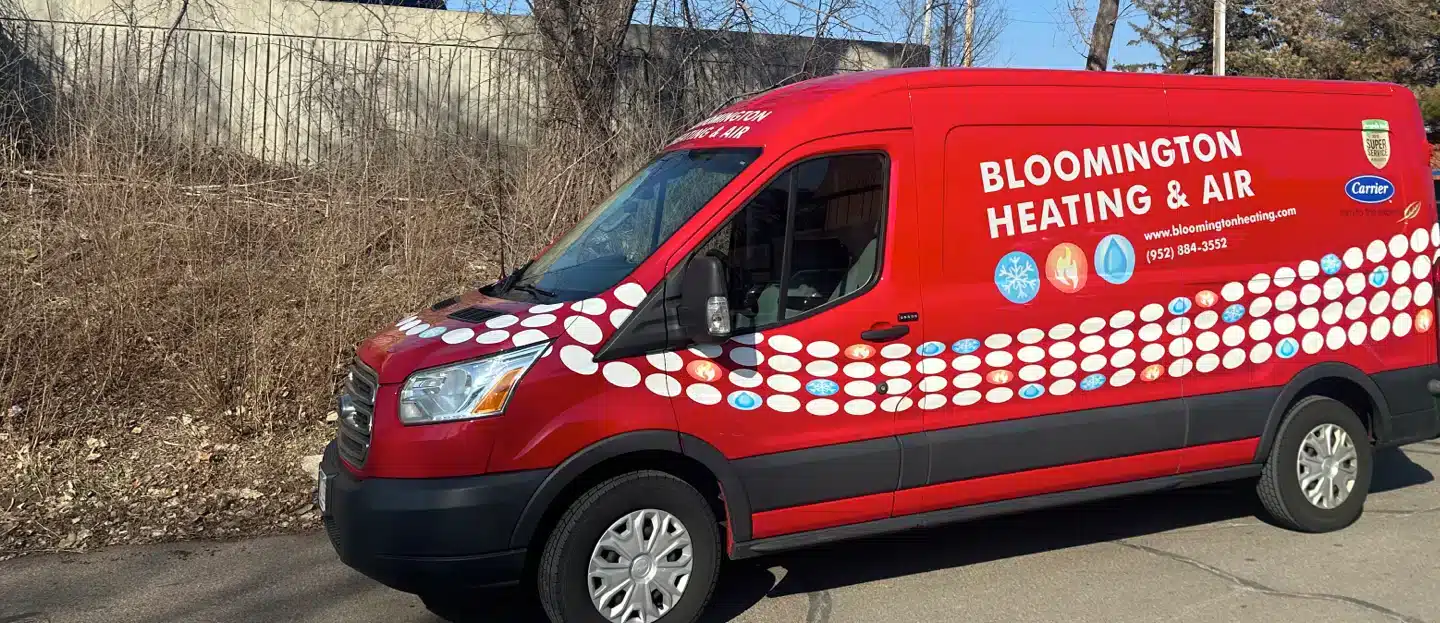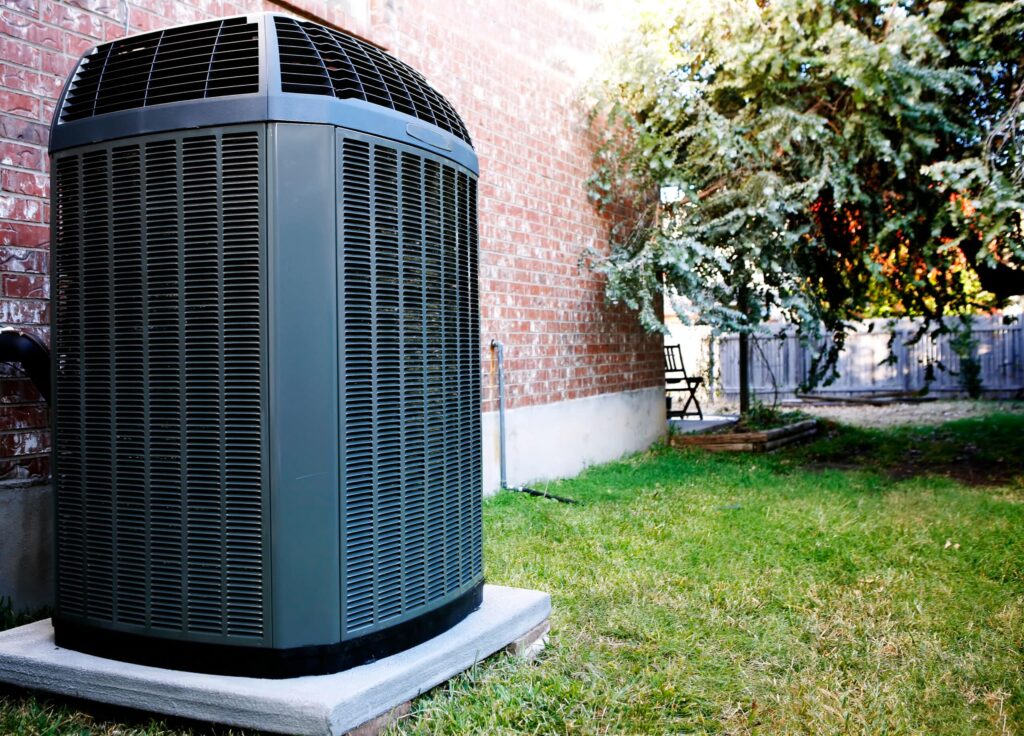Leaking Heat Pumps: The Main Cause & How To Resolve Them
Trustworthy Team, Locally Owned

24/7 Emergency Phone Line
Family Owned & Operated
Licensed, Bonded & Insured
If you have a heat pump in your home or business, you rely on it to regulate the temperature of your space year-round. To maintain a comfortable indoor temperature, a heat pump works by pumping air in or out, depending on the outside temperature. Heat pumps are reliable, but components occasionally need maintenance or repair to ensure efficiency. Leaking is a common symptom of a heat pump that needs attention. This indicates that one or more components may need cleaning, replacing, or repairing. If your heat pump leaks, check out the potential causes and contact us to schedule an appointment for a heat pump inspection. Our professional and reliable HVAC company can quickly determine the necessary actions and restore your heat pump to effective operation.
Common Causes Of Leaking Heat Pump

Your heat pump can leak water on the outside of your home or the inside near the unit. If there is a small amount of water under the unit outside, it is likely from humidity in the summer and defrosts in the winter. When large amounts of water are found, or water is found near the indoor unit, contact an experienced HVAC technician for heat pump service.
Drain Clogs
The heat pump system drains condensation outside of your home. If the drain gets clogged, the water will back up and overflow around the unit inside. Drains and drain pipes may clog due to physical debris or improper installation. Remove debris from the drain or drain pipe and flush with water for visible clogs. For severe clogs, contact a local HVAC professional for service promptly.
Dirty Coils
A dirty coil can not control the condensation from the unit and will cause water to collect and drip onto the floor. Cleaning coils has a significant impact on the function of the heat pump. Professional cleaning is recommended to avoid damaging the fragile components of the unit.
Frozen Coil
When the heat pump is in cooling mode, the refrigerant passes through the coil on the unit. When the refrigerant gets too cold, ice can form on the coils. This creates extra water and can overflow the drain pan and leak on the floor. A professional can adjust the refrigerant levels to prevent this from occurring in the future.
Cracked Or Rusted Pan
The drain pan collects the condensation that drains from the unit indoors. If the pan is damaged, rusted, or cracked, it can not effectively collect water. Replacing the drain pan can be a simple and effective way to resolve the problem.
Dirty & Clogged Air Filter
A clogged air filter can limit the flow of air that blows over the coils. This is necessary to help prevent the coil from getting too cold. Without sufficient airflow, the coils can get icy and lead to additional water collecting in the area. Replacing air filters and ensuring unobstructed vents will help prevent these issues with your heat pump.
